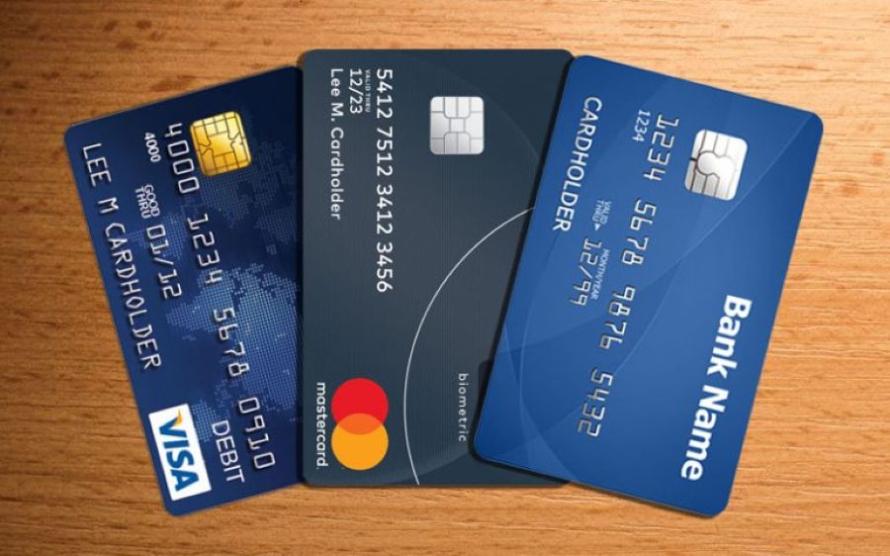What Happens If You Stop Using Your Credit Card in India?

If you have a credit card but don’t use it for a long time, the bank might treat it as "inactive." Banks want customers to use the credit cards they issue. If the card is not used for several months, they may lower your credit limit or even cancel the card.
Although banks in India usually don’t charge any inactivity fees, they still have the right to close your card if you don’t use it for a long time.
Can the Bank Close My Credit Card If I Don’t Use It?
Yes, your credit card can be closed by the bank due to long periods of inactivity. In India, if you don’t use your credit card for over 12 months, the bank may mark it as inactive and eventually close it.
And here's something important: the bank doesn't always inform you before closing your card. So you may only find out when you try to use the card and it gets declined.
If this happens and you still want the card, you can call customer care and request them to reopen it. Some banks may allow this if the request is made soon after the closure, but it's not guaranteed.
Credit Card Inactivity: Does It Affect Your Credit Score?
Not using your credit card directly doesn’t hurt your credit score. But if the bank closes your card because you didn’t use it, that can affect your credit score in India. Here’s why:
- Length of credit history matters: Credit bureaus like CIBIL, Experian, or CRIF consider the length of your credit history. A card you've held for many years can improve your credit score. However, if it's closed, the length of your credit history may decrease, which could impact your score.
- Credit utilisation ratio: This is how much credit you're using compared to how much you have. Example: If you have a total credit limit of ₹1,00,000 and you spend ₹10,000, your usage is 10%. If one card is closed, your total limit reduces, and your usage percentage goes up — which may lower your score.
- Credit mix: Having a mix of loans and credit cards is good. If you close your only credit card, your credit profile becomes limited, which could impact your credit health.
Should You Close a Credit Card You Don’t Use?
Closing a credit card might feel like a good idea, especially if you're not using it — but it’s not always the best move. Here’s what to think about:
- If it’s your oldest credit card, closing it could hurt your credit score because your credit history becomes shorter.
- If the card has a high credit limit, closing it will reduce your total available credit, which can increase your credit usage ratio.
- If it’s your only credit card, you lose access to revolving credit. That could reduce your credit score too.
But in some cases, closing the card is fine — for example, if you’re paying a high annual fee and not using the card. In that case, you can ask the bank to downgrade it to a lifetime-free card or a card with no annual charges.
Also, if you're not using the card at all, you might miss any fraudulent activity or charges, so it’s important to either use it or monitor it.
How to Cancel a Credit Card Safely in India
If you decide to close your card, follow these steps:
- Clear all dues: Make sure there is no outstanding balance or interest on the card.
- Use your reward points: Redeem any cashback, points, or offers. Once you close the card, you may lose them.
- Call customer care or send a written request: Ask the bank to close your card. Most banks will also require you to send an email or written letter for confirmation.
- Get confirmation in writing: Ask the bank to confirm that your credit card account is closed and the balance is zero.
- Check your credit report after a few weeks: Make sure the card is marked as “closed” and not “settled” — as "settled" can harm your credit score.
How to Keep a Credit Card Active
Don’t want to lose your card? Just use it once in a while. Here are some simple ways to keep it active:
- Use it once every 2–3 months for small things like mobile recharge, Swiggy, or petrol.
- Set up an auto-payment for a small bill, like Netflix or OTT subscriptions.
- Pay the full amount before the due date to avoid interest or late charges.
This way, your card stays active, your credit score remains strong, and you don’t pay anything extra.
Bottom line
If you don’t use your credit card for a long time, the bank may close it without telling you — and this can reduce your credit score. Even though you're not spending on it, your credit card still plays an important role in your financial profile. It helps build your credit history, keeps your credit limit high, and adds to your overall credit health.
To avoid problems, try using your credit card once every few months for small purchases — like mobile recharge, a coffee, or a subscription. Always pay the bill on time and in full. This simple habit will keep your card active, protect your credit score, and help you stay in good standing with the bank.




Leave a Reply